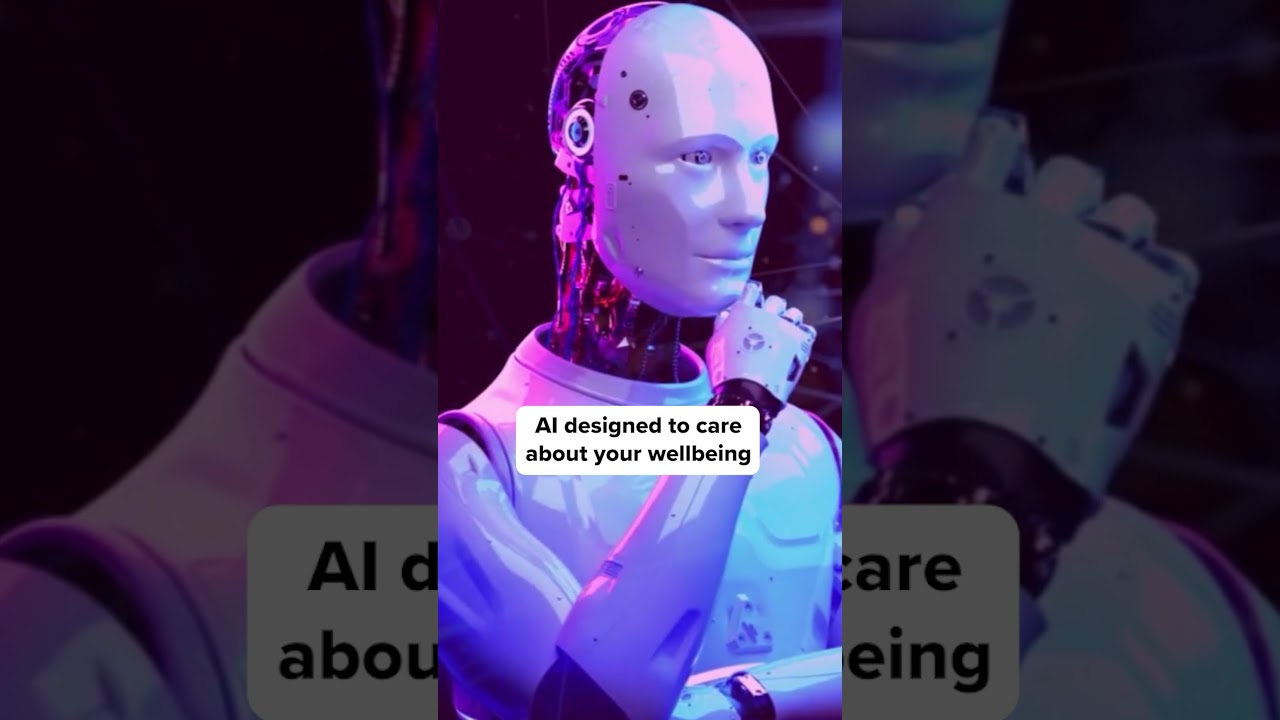The video envisions AI as a compassionate companion that fosters human flourishing by encouraging meaningful social connections and supporting emotional well-being, rather than replacing human relationships. By integrating a human flourishing metric into AI development, this technology can help alleviate loneliness and enhance life satisfaction, positioning AI as a transformative force for positive social impact.
The video explores the potential of AI to address the growing loneliness epidemic by acting as a supportive companion that encourages and nurtures human connections. It imagines an AI friend that proactively notices when you haven’t reached out to loved ones and gently prompts you to reconnect, fostering stronger social bonds. This AI would also assist in moments of interpersonal conflict, helping individuals see different perspectives and facilitating reconciliation, thereby enhancing relationship quality.
Central to this vision is the concept of designing AI with the goal of promoting human flourishing—a holistic state where all aspects of life, including meaning, purpose, social connections, happiness, and health, are thriving. Researchers at Harvard are conducting longitudinal studies on human flourishing, emphasizing the importance of measuring and understanding this state over time. The speaker advocates for integrating a “human flourishing metric” into AI development to ensure that these technologies actively contribute to well-being rather than merely serving as substitutes for human interaction.
By focusing AI development on human flourishing, the technology can move beyond being a mere replacement for human relationships and instead become a tool that enriches and deepens them. This approach positions AI as a partner in enhancing life satisfaction and mental health, rather than a source of isolation or superficial interaction. The AI would be designed to have the user’s best interests at heart, consistently supporting their happiness and personal growth.
The potential impact of such AI is profound, as it could help heal the social and emotional wounds caused by loneliness and disconnection. By fostering meaningful connections and supporting emotional resilience, AI could play a crucial role in improving overall quality of life. This vision challenges current perceptions of AI as impersonal or purely functional, highlighting its capacity to contribute positively to human well-being.
Ultimately, the video presents a hopeful future where AI is not just a technological tool but a transformative force for good. By prioritizing human flourishing in AI design, we can create technologies that help us reconnect, heal, and thrive together. This represents one of the most significant opportunities for AI to make a lasting, positive impact on society and individual lives.
